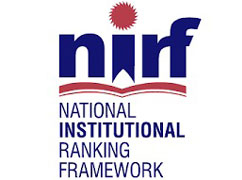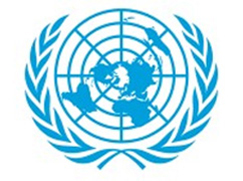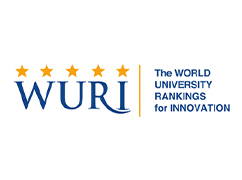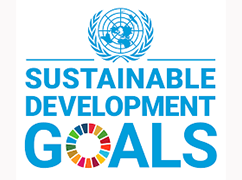DEPARTMENT OF INTERNATIONAL STUDIES, POLITICAL SCIENCE & HISTORY
PUBLICATIONS, COLLABORATION & CONSULTANCY
PUBLICATIONS, COLLABORATION & CONSULTANCY
The Department of International Studies, Political Science and History focuses on high-quality research and has implemented successful research practices to promote research-based teaching-learning and knowledge production.
The department is active in research, primarily in the areas of International Relations, Political Science and History. Our faculty members are well established and well recognized researchers in their areas of specialization. The presence of research-oriented teaching and learning, nurtures the ambience for quality that facilitates constructive discussions, fruitful deliberations and critical evaluation of the projects that help the aspiring researchers to produce quality output.
1. Publications
1.1 Journal Articles:
As per the University policy, the faculties are expected to publish minimum 2 research articles in Scopus indexed journals in an academic year. The Ph. D research scholars need to publish minimum 2 research articles in Scopus indexed journals before thesis submission.
The Department faculty would also identify promising manuscripts of student dissertations to convert them into joint journal articles. The Department has introduced compulsory research paper for its Masters students that would ensue in publications in peer reviewed journals.
1.2 Popular Writings:
It is agreed that each faculty member of the Department will write at least one article per semester (two articles per academic year) in the popular domain. Such articles would be based on current events or topical interests.
The popular domain includes newspapers, websites of think tanks and online/print magazines.
1. 3. Books:
The Department faculty will also strive to bring out larger versions of academic publications like books and monographs. Those faculty members who have not converted their PhDs/MPhils would do so in due course. The faculty also would make efforts in bringing out edited books in turns by collation of articles from experts within or outside the Department.
2. Collaboration
2.1 Internal Collaboration
Other than the expert clusters the faculty are free to collaborate with any faculty member depending on the need for collaboration. The faculty members are also encouraged to collaborate with students or faculty of other departments. Each cluster is expected to develop its own plan of action on research projects and publications.
2.2 External Collaboration
There are three broad sources for external collaborations:
- Government: Ministries, Funding bodies like ICSSR, UGC; Think Tanks like IDSA, ICWA, CLAWS, and USI.
- Private: Corporates like Harman/Samsung and Tata; Funding bodies like KAS and private think tanks like Carnegie India.
- International: Universities like Shanghai International Studies University; Funding bodies like United States Institution of Peace (USIP); and Think Tanks like Regional Centre for Strategic Studies (RCSS).
3. Consultancy
Consultancy for the department is being looked at two levels:
At the individual level, an opportunity at Wikistrat, a cloud source consulting firm based in UK, has been identified. The faculty will be included based on their interest.
At the Department level, it is important to project the specialization of the Department. In this regard, it has been agreed that South Asia and Maritime Studies has been identified as areas of expertise.








